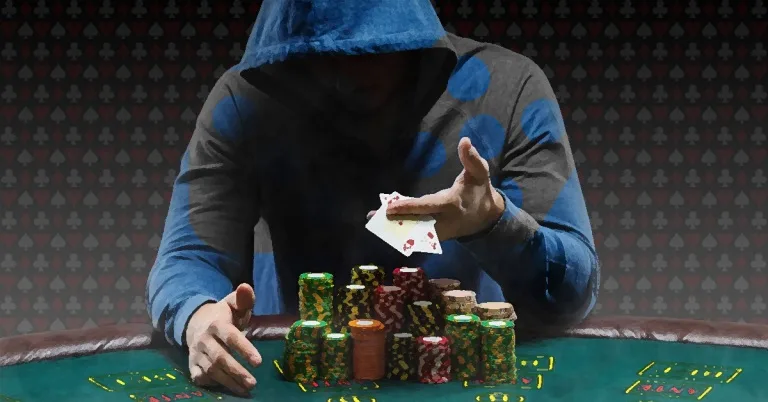
Epic Casino Heists: The Most Infamous Scams in Gambling History
The allure of the casino is undeniable; a world where fortune favours the bold and every player dreams of striking it rich. Yet, beneath the glittering surface, the casino’s principle operates on a simple tenet: the house always wins. This maxim isn’t just a nod to the odds stacked in favour of the establishment but also a tacit acknowledgement of the gambling world’s dark underbelly, where the lines between cunning and criminality often blur. In this article, we delve into the annals of gambling history to uncover the top three casino scams that shook the industry to its core.
What is the Principle of the Casino and Why Many People Think That the Casino is Cheating?
Casinos are designed to be profitable entities, primarily through games that have built-in advantages known as the ‘house edge’. This mathematical edge ensures that, over time, the casino will always make a profit, regardless of the outcomes of individual bets. However, this systemic advantage has often been misconstrued by players as the casino actively cheating. The truth lies in the design of the games themselves, which are open about their odds, yet the allure of big wins keeps players coming back.
Despite the transparent nature of these odds, the history of gambling is peppered with instances where individuals or groups, feeling slighted by this inherent disadvantage, have sought to level the playing field through less than legal means. These efforts, ranging from ingenious to outright fraudulent, have led to some of the most infamous casino scams in history.
Were Casinos Ever Caught Cheating?
While the majority of casinos operate within the boundaries of law and fairness, there have been instances where establishments were caught bending or breaking the rules. These cases are, however, exceptions rather than the norm, often resulting from rogue employees or systemic issues within individual casinos. Such incidents have led to hefty fines, revocation of licenses, and a lasting impact on the reputation of those involved.

Dice Controlling with Dominic the Dominator
One of the most famed tales of casino cunning revolves around a man known as Dominic the Dominator. Dominic, with his unparalleled skill in dice control, claimed he could influence the outcome of craps games. Through years of practice and perfecting his technique, Dominic and his team purportedly won millions from casinos worldwide. Skeptics question the veracity of his claims, yet his legend persists, a testament to the allure of beating the house at its own game.
The Tran Organization
The Tran Organization’s scam was a masterclass in deception and coordination. Over several years, this group infiltrated dozens of casinos across America, swindling them out of millions through a sophisticated card marking and false shuffle scheme. Their downfall was as dramatic as their rise, culminating in arrests and convictions that exposed the vulnerabilities in even the most secure casino operations.
Phil Ivey’s Edge Sorting
Phil Ivey, a name synonymous with poker excellence, found himself embroiled in controversy over a technique known as edge sorting. By identifying minor inconsistencies on the backs of playing cards, Ivey and his partner won vast sums. While Ivey maintains that his strategy was a legitimate way to gain an edge, the courts ruled against him, sparking debate on where the line between skill and manipulation lies within the realm of gambling.
In conclusion, these stories highlight not just the lengths some will go to tilt the odds in their favor but also the perpetual dance between casinos and those who seek to outsmart them. As long as there are casinos, there will be those who dream of beating them, by hook or by crook.
